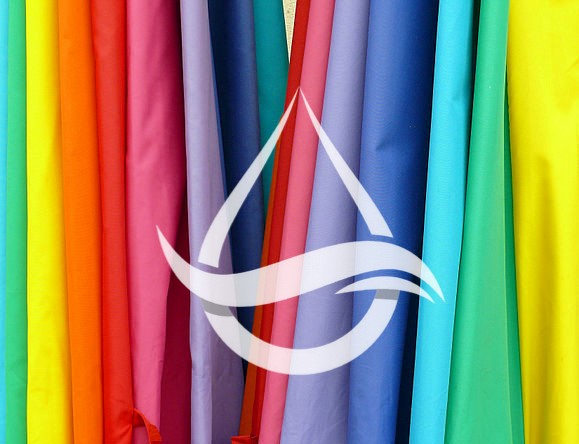AMPS Copolymer application in textile
AMPS Copolymer application in textile industry has seen immense growth and development over the years. With a wide range of fabrics available in the market, manufacturers are constantly looking for ways to enhance the quality and durability of their products. One such method is the utilization of AA/AMPS as dyeing auxiliaries in textile production. This essay will discuss the importance and efficacy of AA/AMPS in the dyeing process, highlighting its various applications and benefits.
,To begin with
AA/AMPS, also known as acrylic acid and 2-Acrylamido-2-methylpropane sulfonic acid, respectively, serve as crucial dyeing auxiliaries due to their unique properties. These substances are commonly employed as a dispersant, leveling agent, and dye-fixing agent in the dyeing process. By acting as dispersants, AA/AMPS aid in the even distribution of dyes within the fabric, ensuring consistent and vibrant coloration. Moreover, their leveling properties help to prevent color unevenness by equalizing the dye absorption rate across the fabric, resulting in a visually appealing end product.
Furthermore, AA/AMPS acts as a dye-fixing agent, enhancing the color fastness of the dyed fabric. The incorporation of these auxiliaries greatly improves the wash fastness, light fastness, and rub fastness of the textile, ultimately increasing its longevity. This is of paramount importance to both manufacturers and consumers, as it ensures that the dyed fabrics maintain their vibrant colors even after repeated washing or exposure to sunlight.

Environmental aspect
AMPS Copolymer application in textile Industries, an environmental viewpoint: Apart from these impressive dyeing benefits, AA/AMPS also exhibits remarkable environmental and health-friendly characteristics. These auxiliaries are biodegradable and non-toxic, minimizing their environmental impact during the production process and post-consumer use. Furthermore, they adhere to safety standards, making them suitable for use in clothing and other textile products that come into direct contact with the skin. This aspect is particularly important in the selection of dyeing auxiliaries, as their quality and safety directly impact consumer satisfaction and overall product reputation.
Moreover, AA/AMPS finds applications beyond dyeing. It is extensively used as a textile sizing agent, facilitating the weaving process by providing lubricity and reducing friction between yarns. Its antimicrobial properties also contribute to maintaining the fabric’s hygiene and cleanliness. Additionally, AA/AMPS can be utilized as a finishing agent, adding desirable characteristics such as water repellency, wrinkle resistance, and flame retardancy to the fabric.
Conclusion
AA/AMPS plays a vital role as dyeing auxiliaries in the textile industry. Its dispersant, leveling, and dye-fixing properties significantly contribute to the quality of dyed fabrics, ensuring even color distribution, color fastness, and durability. Furthermore, AA/AMPS exhibits environmentally friendly and safe characteristics, aligning with the growing demand for sustainable and non-toxic textile products. Its versatility extends beyond dyeing, also serving as a sizing and finishing agent. As the textile industry continues to evolve, the importance of AA/AMPS cannot be understated, offering immense benefits to both manufacturers and consumers alike.










